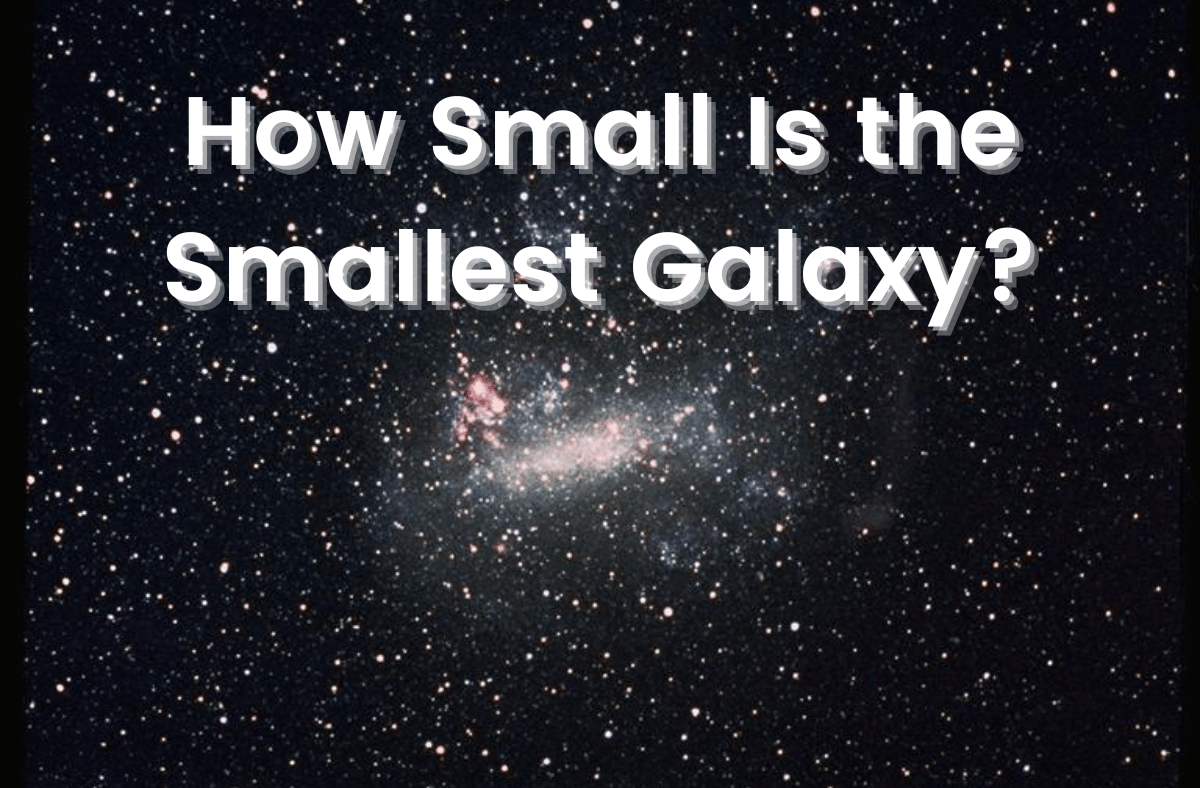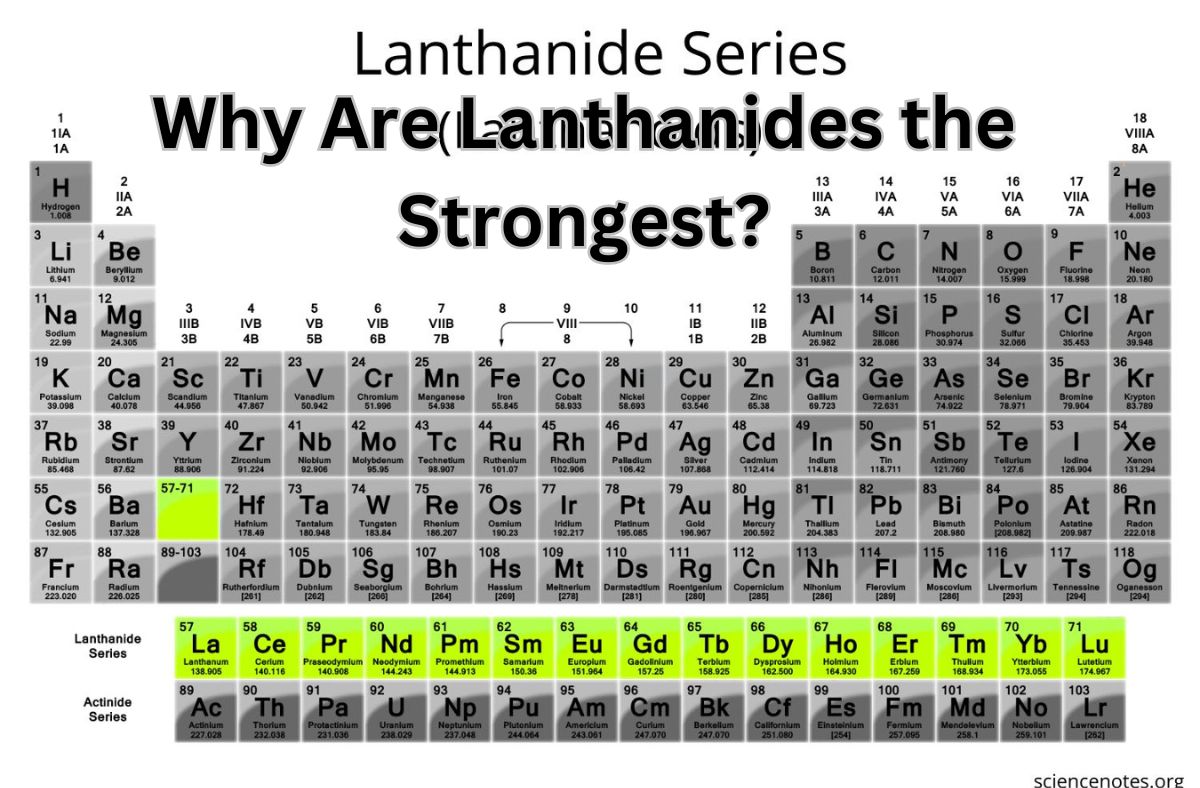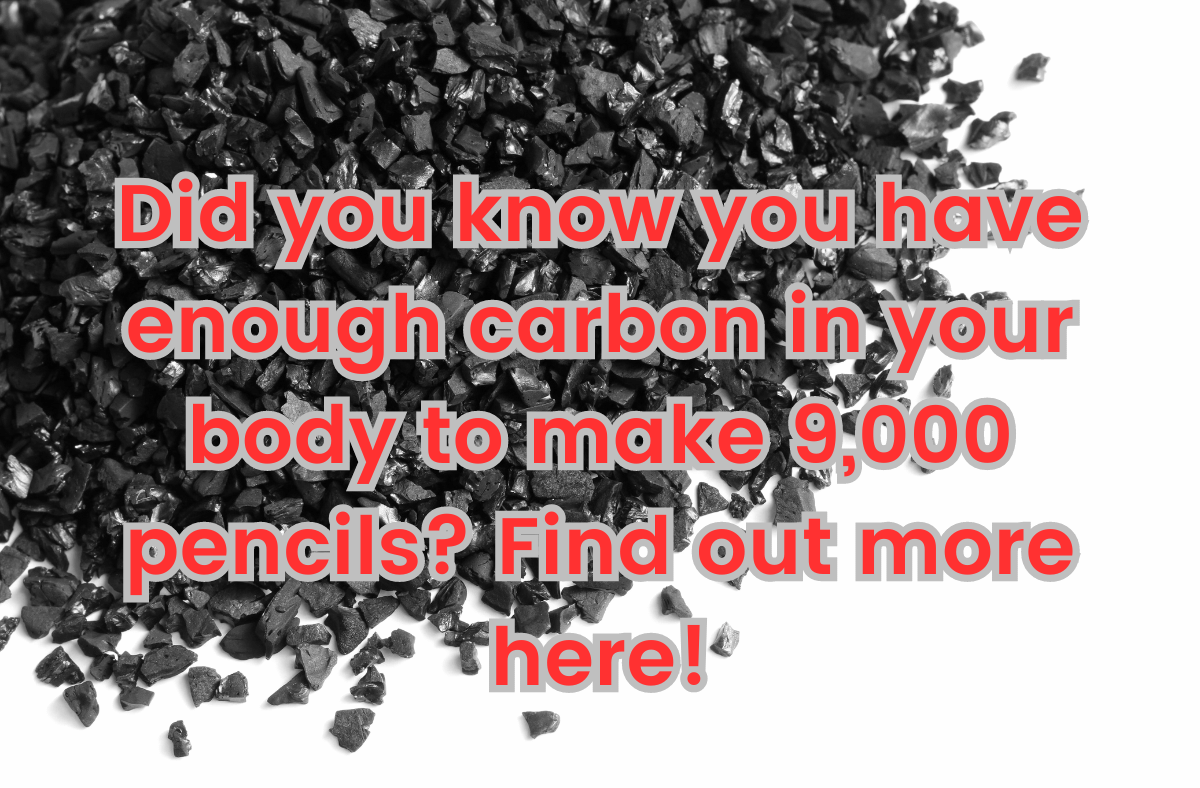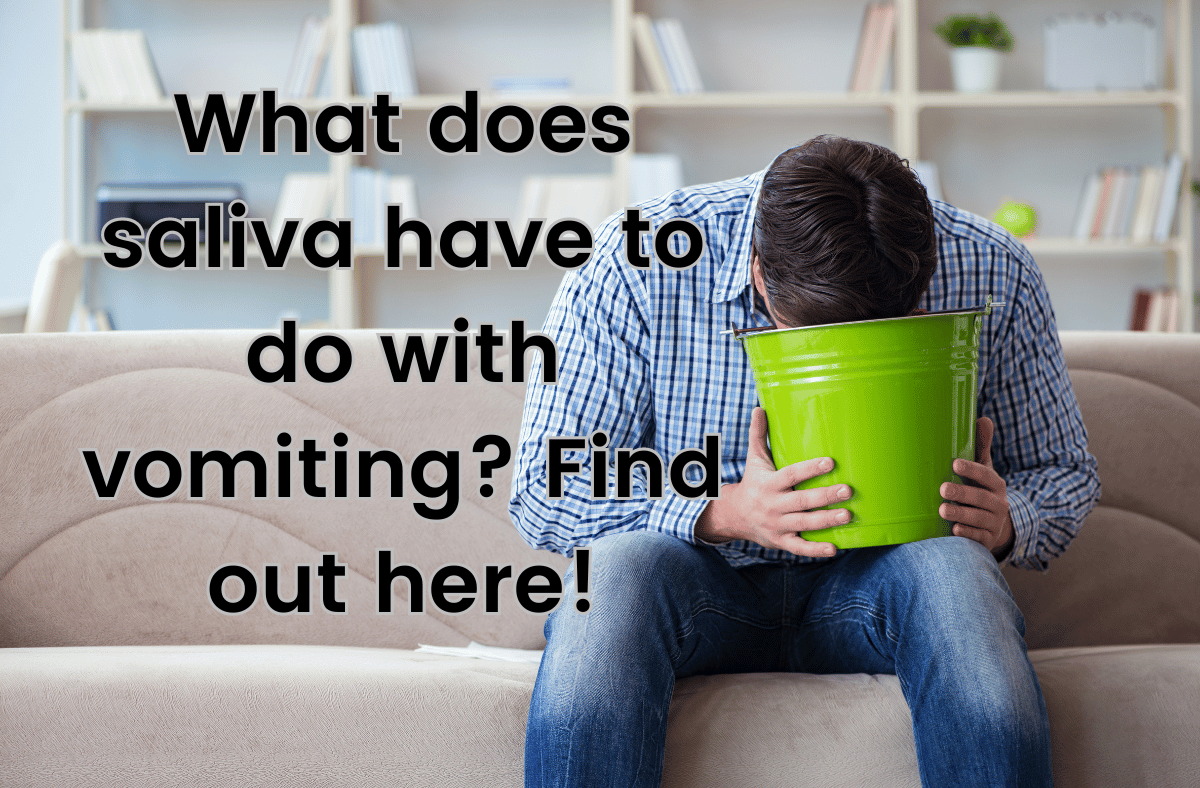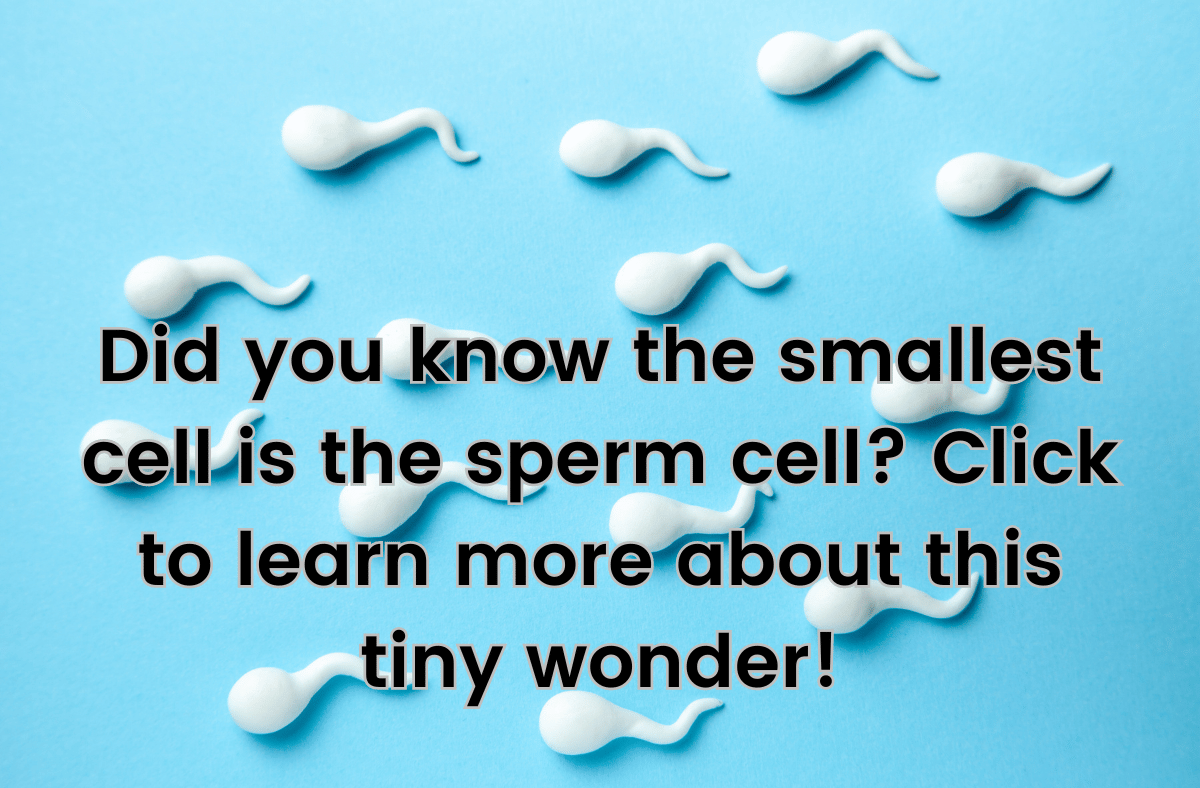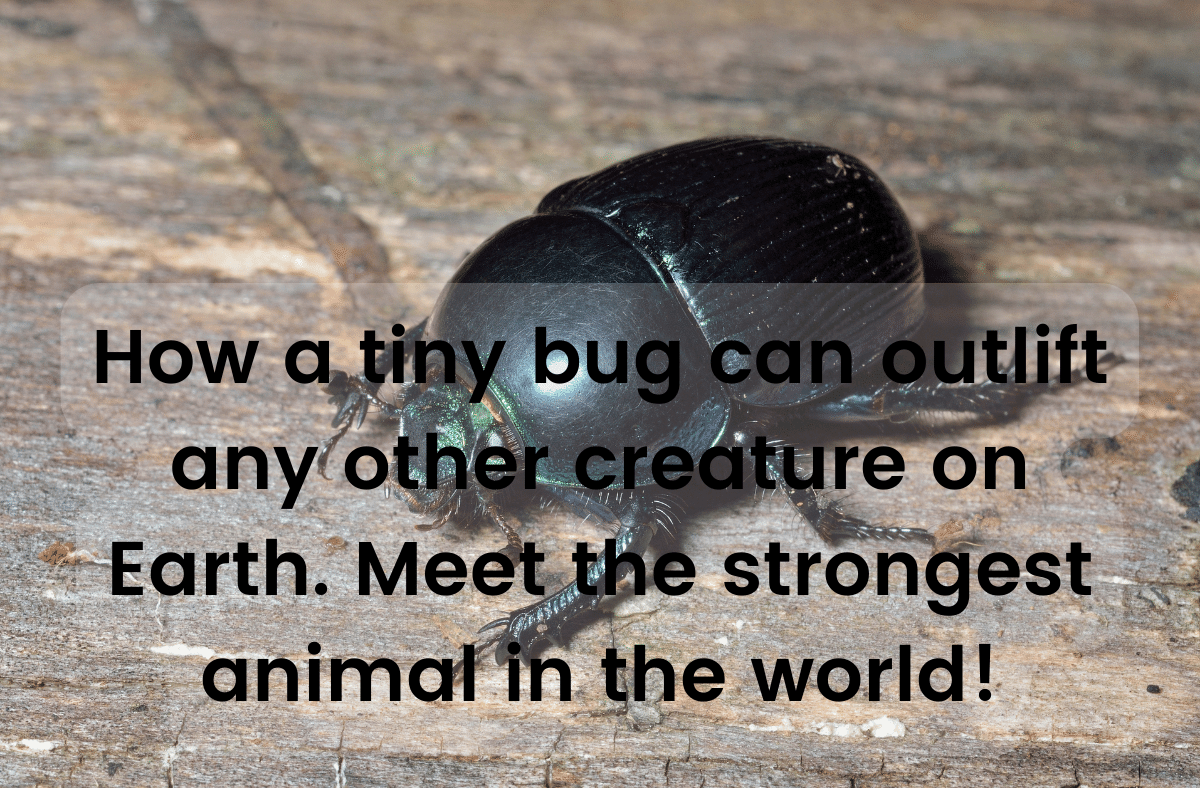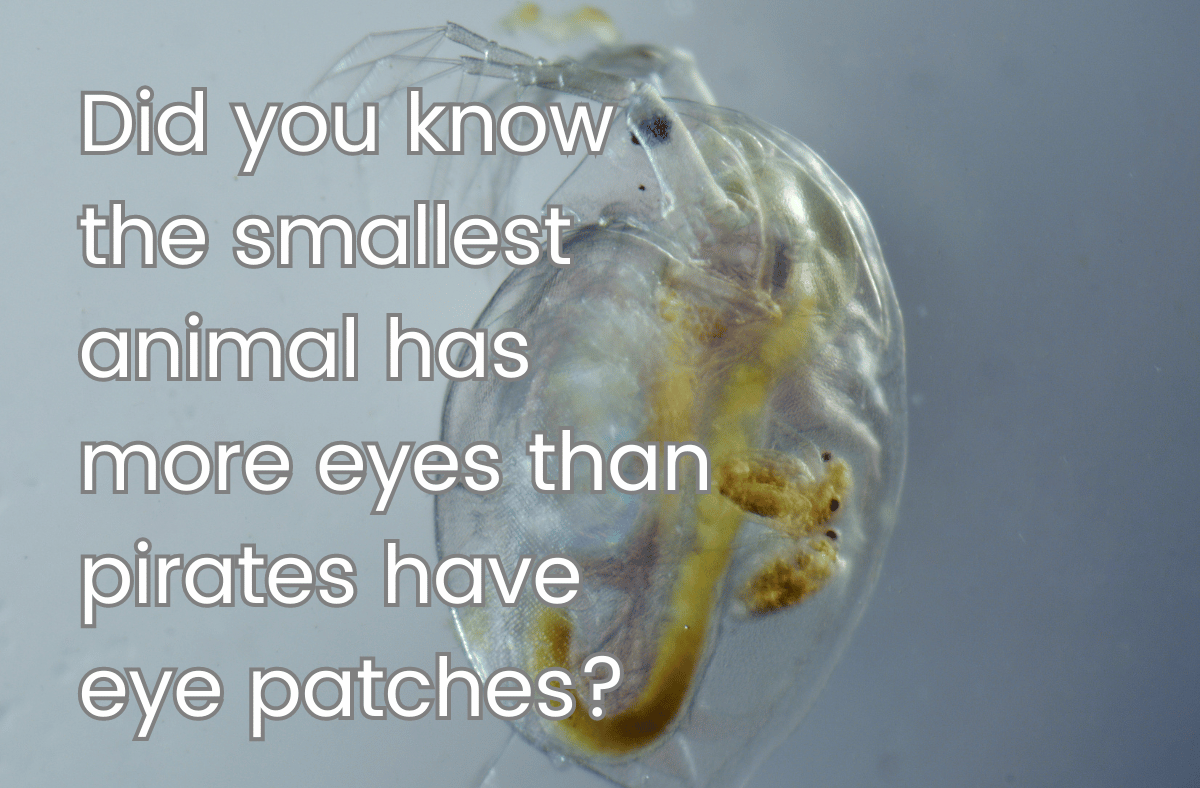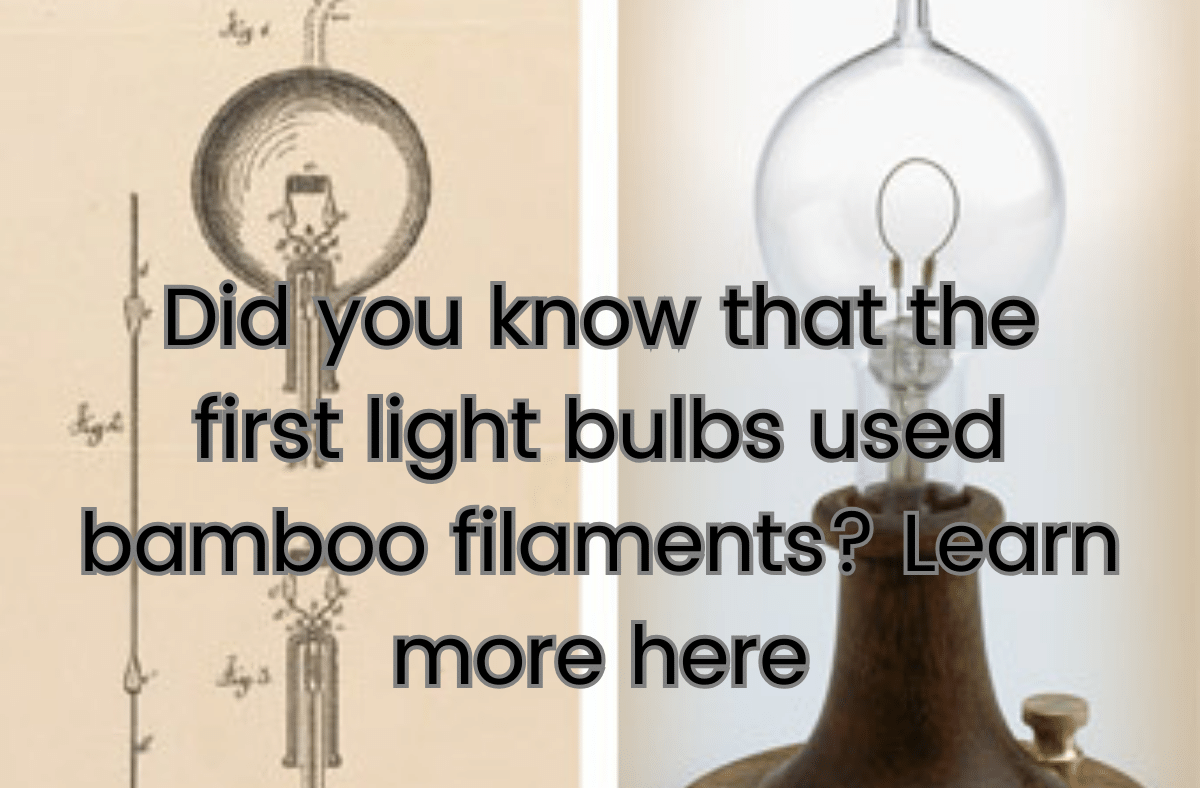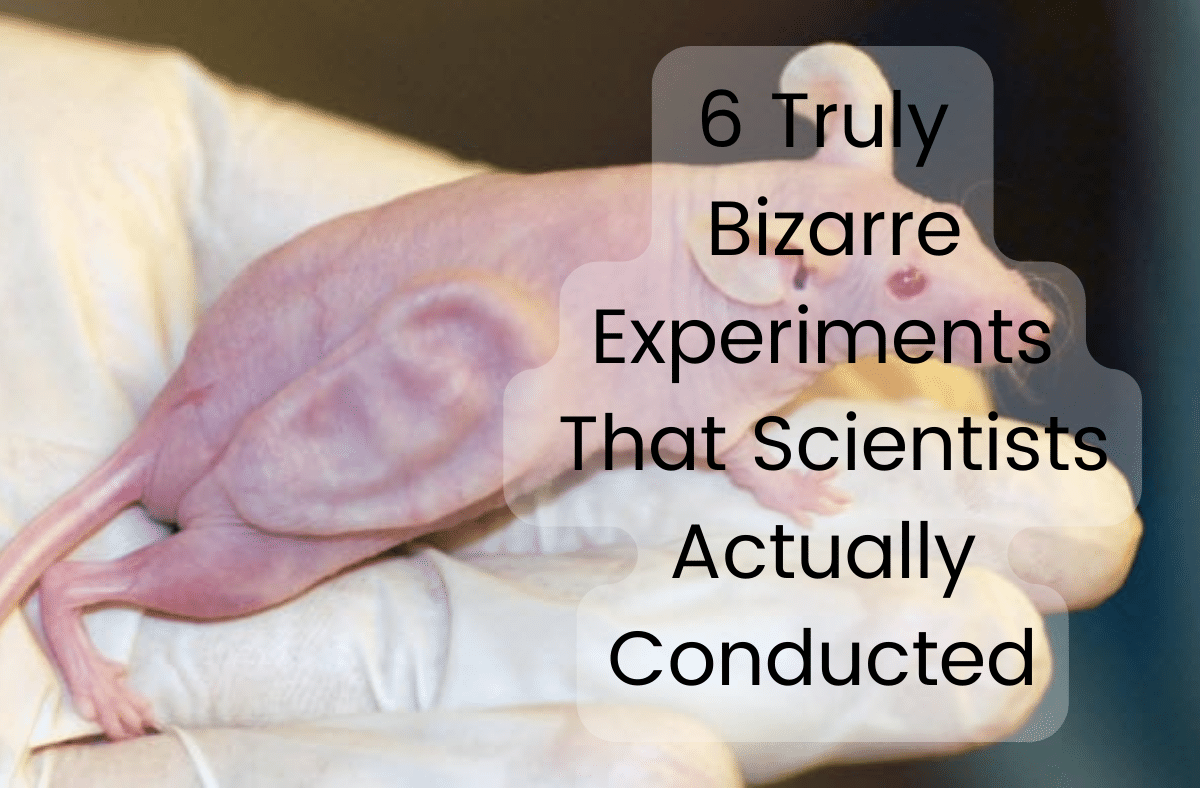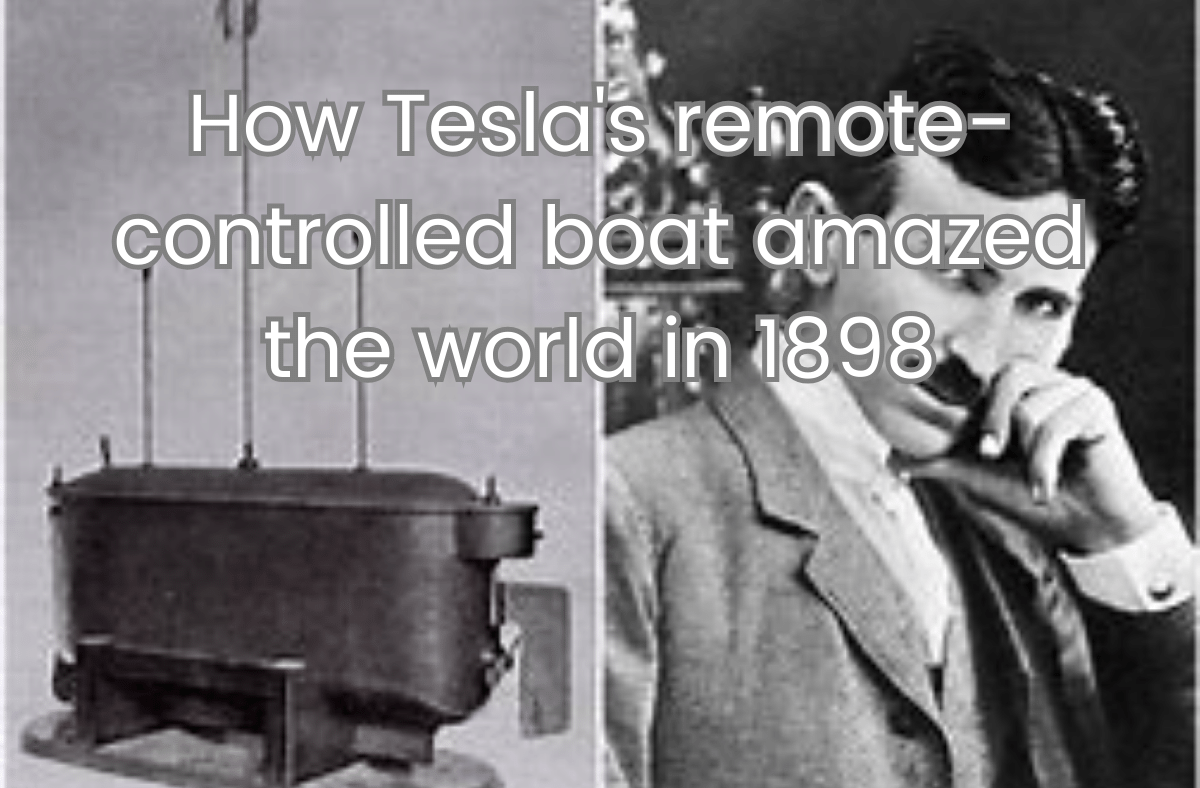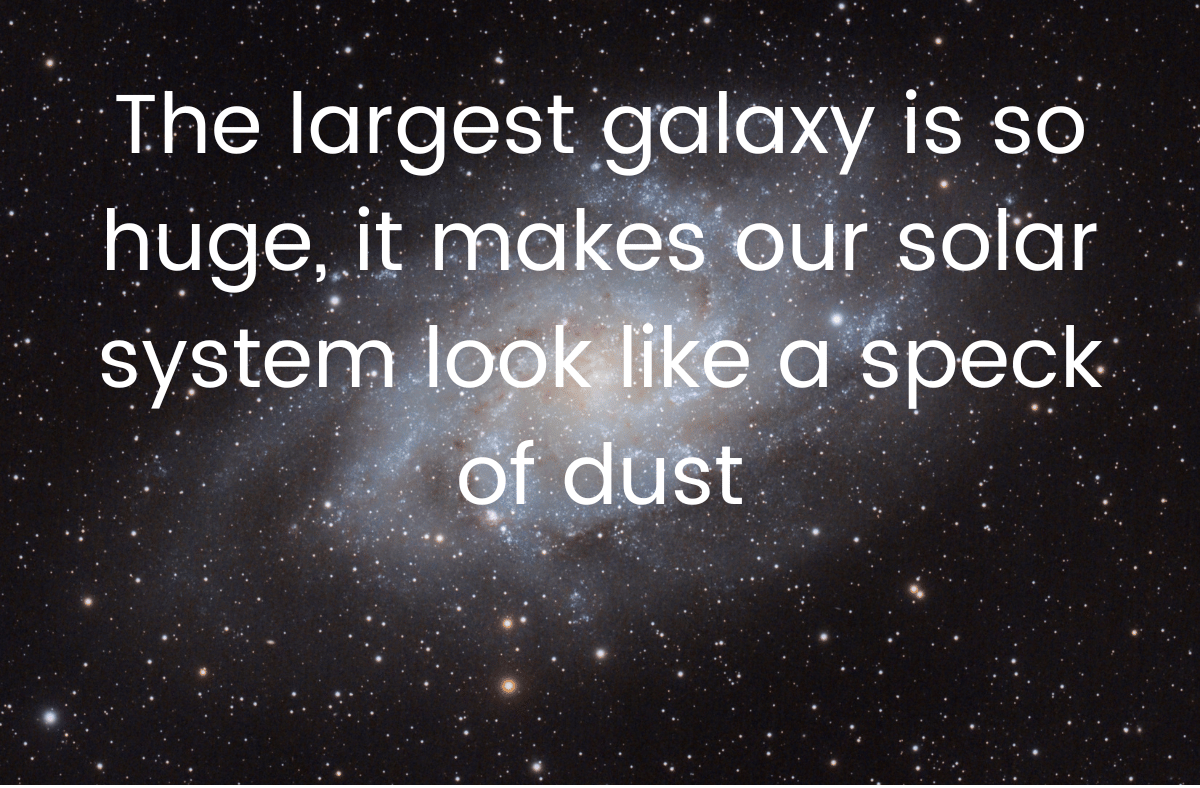Have you ever wondered what would happen if you drop a piece of metal into water? Well, it depends on the type of metal. Some metals are so reactive that they explode on contact with water. In this blog post, we will explain why this happens and which metals are involved.
The Alkali Metals
The alkali metals are the elements in the first column of the periodic table: lithium, sodium, potassium, rubidium, cesium and francium. They are very soft and shiny metals that can be cut with a knife. They also have one electron in their outermost shell, which makes them very eager to lose it and form positive ions.
When an alkali metal meets water, it quickly gives up its electron to a water molecule. This creates a metal ion and a hydroxide ion in the solution, and a hydrogen atom that is released as a gas. The reaction is very exothermic, meaning it releases a lot of heat. This heat can melt the metal, vaporize the water and ignite the hydrogen gas. The result is a spectacular explosion that can send metal fragments flying.
The reaction of an alkali metal with water can be written as:
2 M (s) + 2 H2O (l) -> 2 M+ (aq) + 2 OH- (aq) + H2 (g)
where M is any alkali metal.
The alkali metals become more reactive as you go down the group. This means that lithium is the least reactive and francium is the most reactive. Francium is so rare and unstable that it has never been observed reacting with water, but it is predicted to be extremely explosive.
The Alkaline Earth Metals
The alkaline earth metals are the elements in the second column of the periodic table: beryllium, magnesium, calcium, strontium, barium and radium. They are harder and denser than the alkali metals, but still very reactive. They have two electrons in their outermost shell, which they also tend to lose when they react with water.
The reaction of an alkaline earth metal with water is similar to that of an alkali metal, except that it produces a metal hydroxide instead of a metal ion. The reaction is also exothermic, but less so than for the alkali metals. The hydrogen gas that is formed can still catch fire if there is enough heat and oxygen.
The reaction of an alkaline earth metal with water can be written as:
M (s) + 2 H2O (l) -> M(OH)2 (aq) + H2 (g)
where M is any alkaline earth metal.
The alkaline earth metals also become more reactive as you go down the group. However, beryllium does not react with water at all, and magnesium only reacts with steam or boiling water. Calcium, strontium and barium react with cold water, but not as violently as the alkali metals. Radium is also very rare and radioactive, so its reaction with water is not well known.
The Coulomb Explosion
You might wonder how the reaction between a metal and water can continue if there is a layer of gas and steam that separates them. Well, there is another phenomenon that helps to break this barrier: the coulomb explosion.
A coulomb explosion is when a charged object breaks apart due to its own electric repulsion. When a metal loses its electrons to water, it becomes positively charged. This charge builds up on the surface of the metal until it reaches a critical point where it overcomes the cohesive forces that hold the metal together. Then, the metal splits into tiny spikes that shoot out into the water. These spikes create new surfaces for the reaction to occur, and also increase the contact area between the metal and water.
A coulomb explosion can be observed by using a high-speed camera to capture the reaction of a liquid drop of sodium-potassium alloy with water. The drop quickly forms spikes that protrude into the water before exploding.
Conclusion
Some metals are so reactive that they explode on contact with water because they lose their electrons very easily and release a lot of heat and hydrogen gas. The alkali metals and some of the alkaline earth metals are examples of such metals. The reaction can be enhanced by a coulomb explosion that breaks the metal into spikes that increase the surface area and contact with water.





